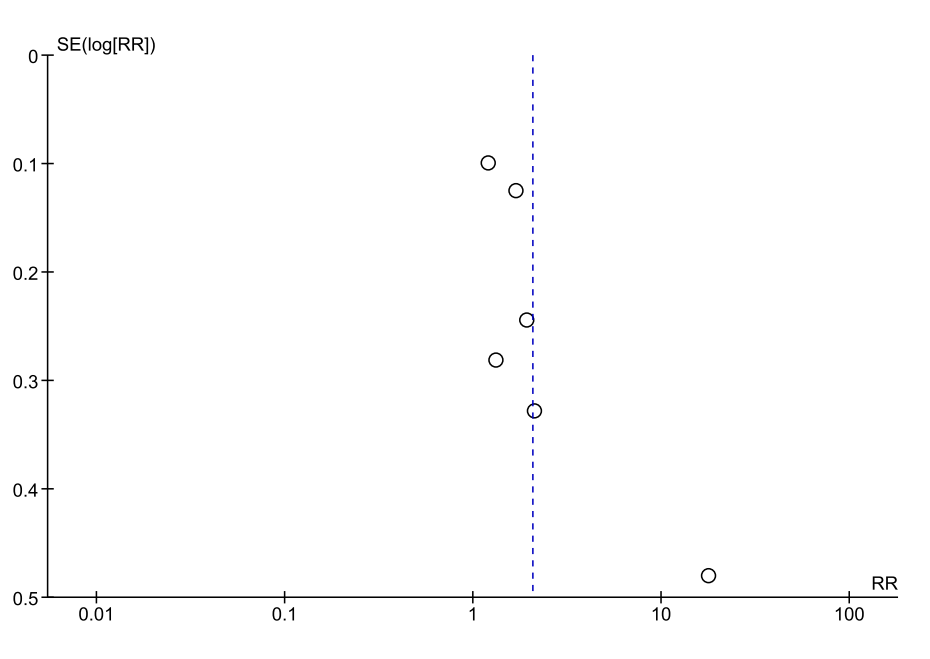Session Information
Date: Tuesday, November 12, 2019
Title: RA – Diagnosis, Manifestations, & Outcomes Poster III: Comorbidities
Session Type: Poster Session (Tuesday)
Session Time: 9:00AM-11:00AM
Background/Purpose: Patients with chronic autoimmune diseases may have a higher risk of psychiatric illness as a result of chronic neuro-inflammation and immune dysregulation. The current study was conducted with the aim to investigate the relationship between rheumatoid arthritis (RA) and bipolar disorder by identifying all available studies and summarizing their results together.
Methods: Potentially eligible studies that compared the risk of developing bipolar disorder between patients with RA and individuals without RA were identified from Medline and EMBASE databases from inception to May 2019 using search strategy that comprised of terms for “rheumatoid arthritis” and “bipolar disorder”. Eligible studies could be either cohort studies or case-control studies. For cohort studies, they must recruit two groups of participants, patients with RA and individuals without RA. Then, the studies must follow their participants for incident bipolar disorder and report relative risk between the two groups. For case-control studies, they must recruit cases with bipolar disorder and controls without bipolar disorder. Then, the studies must explore their prior history of RA and report odds ratio comparing the two groups. Relative risk and standard error from each study were extracted and combined together using the random effect, generic inverse variance technique of DerSimonian and Laird. Odds ratio of case-control study was used as an estimate for relative risk to calculate the pooled effect estimate along with relative risk of cohort study.
Results: A total of 1,542 articles were identified using the aforementioned search strategy. After two rounds of independent review by two investigators, six studies with 420,458 participants fulfilled the inclusion criteria and were included into the meta-analysis. The risk of developing bipolar disorder was significantly higher among patients with RA than individuals without RA with the pooled relative risk of 2.06 (95% CI, 1.34 – 3.17; I2 86%) (figure 1). Funnel plot was relatively symmetric and was not suggestive of presence of publication bias (figure 2).
Conclusion: A significantly higher risk of developing bipolar disorder among patients with RA was demonstrated in this study.
To cite this abstract in AMA style:
Ungprasert P, Charoenngam N, Ponvilawan B. Patients with Rheumatoid Arthritis Have a Higher Risk of Bipolar Disorder: A Systematic Review and Meta-analysis [abstract]. Arthritis Rheumatol. 2019; 71 (suppl 10). https://acrabstracts.org/abstract/patients-with-rheumatoid-arthritis-have-a-higher-risk-of-bipolar-disorder-a-systematic-review-and-meta-analysis/. Accessed .« Back to 2019 ACR/ARP Annual Meeting
ACR Meeting Abstracts - https://acrabstracts.org/abstract/patients-with-rheumatoid-arthritis-have-a-higher-risk-of-bipolar-disorder-a-systematic-review-and-meta-analysis/


